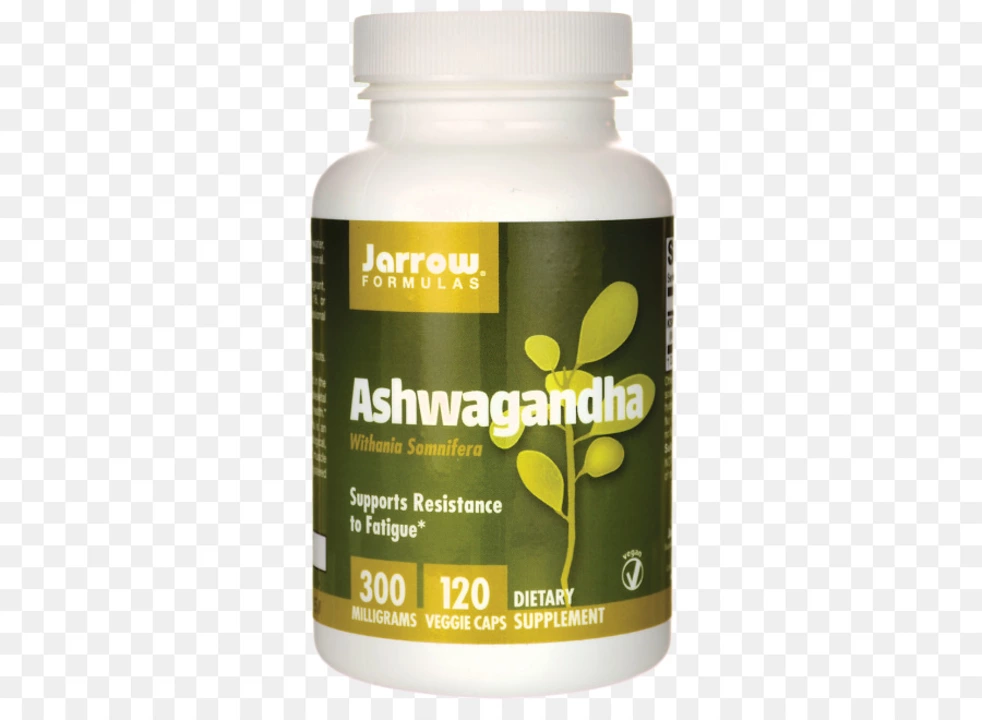Discovering Ashwagandha: An Ancient Herbal Remedy
Ashwagandha, also known as Indian ginseng or Withania somnifera, has been a popular herbal remedy in Ayurvedic medicine for thousands of years. As a blogger passionate about natural health, I've been intrigued by this ancient herb and its potential benefits for our well-being. In this article, we'll delve into the science behind Ashwagandha and explore how this dietary supplement can improve your health and well-being.
Understanding the Active Components of Ashwagandha
Before we dive into the benefits of Ashwagandha, it's important to understand the active components behind this powerful herb. Ashwagandha contains various bioactive compounds, including alkaloids, withanolides, and sitoindosides. These compounds have been shown to exhibit a wide range of therapeutic properties, such as anti-inflammatory, antioxidant, and immunomodulatory effects. By understanding how these compounds work, we can better appreciate the potential health benefits of Ashwagandha.
The Role of Ashwagandha in Stress Relief and Anxiety Reduction
One of the most well-known benefits of Ashwagandha is its ability to help reduce stress and anxiety. Several studies have shown that Ashwagandha can effectively lower cortisol levels, the hormone responsible for our stress response. In addition, Ashwagandha has been found to improve our resistance to stress by enhancing the function of our adrenal glands. By supporting healthy adrenal function, this herb can help us better cope with stress and reduce anxiety levels.
Enhancing Cognitive Function and Memory with Ashwagandha
Another fascinating benefit of Ashwagandha is its potential to improve cognitive function and memory. Research has shown that Ashwagandha can enhance neuroplasticity, the brain's ability to form new connections and adapt to new information. Additionally, the antioxidant properties of Ashwagandha can protect our brain cells from oxidative damage, promoting overall brain health. By incorporating this powerful herb into our daily routine, we can potentially improve our cognitive abilities and memory retention.
Ashwagandha and Its Impact on Thyroid Health
Thyroid health is crucial for maintaining our overall well-being, as it regulates our metabolism, energy levels, and body temperature. Ashwagandha has been found to support thyroid function by stimulating the production of thyroid hormones, such as T3 and T4. This can help balance our thyroid hormone levels, especially in individuals with hypothyroidism (underactive thyroid). By supporting healthy thyroid function, Ashwagandha can help us maintain optimal energy levels and metabolism.
Boosting Immunity with the Help of Ashwagandha
Our immune system plays a vital role in protecting us from infections and diseases. Ashwagandha has been shown to exhibit immunomodulatory effects, meaning that it can help regulate and strengthen our immune system. This herb enhances the production of immune cells, such as natural killer cells and T-cells, which play a crucial role in our body's defense against pathogens. By incorporating Ashwagandha into our daily routine, we can potentially boost our immunity and protect ourselves from various illnesses.
Ashwagandha's Potential Role in Cancer Prevention and Treatment
Recent research has suggested that Ashwagandha may have potential cancer-fighting properties. The withanolides found in Ashwagandha have been shown to induce apoptosis, or programmed cell death, in cancer cells. Additionally, this herb can inhibit the growth of new blood vessels that supply nutrients to cancerous tumors, slowing their growth. While more research is needed in this area, the potential cancer-fighting properties of Ashwagandha are certainly promising for the future of cancer prevention and treatment.
How to Incorporate Ashwagandha into Your Daily Routine
Now that we have explored the numerous health benefits of Ashwagandha, you may be wondering how to incorporate this powerful herb into your daily routine. Ashwagandha is available in various forms, such as capsules, powders, and tinctures. You can easily add the powdered form to smoothies, teas, or even mix it into your favorite recipes. It's important to consult with a healthcare professional before starting any new supplement, as they can provide guidance on the appropriate dosage and ensure that it's safe for you to take. By incorporating Ashwagandha into your daily life, you may experience improved health and well-being.


Hi, I'm Caden Lockhart, a pharmaceutical expert with years of experience in the industry. My passion lies in researching and developing new medications, as well as educating others about their proper use and potential side effects. I enjoy writing articles on various diseases, health supplements, and the latest treatment options available. In my free time, I love going on hikes, perusing scientific journals, and capturing the world through my lens. Through my work, I strive to make a positive impact on patients' lives and contribute to the advancement of medical science.